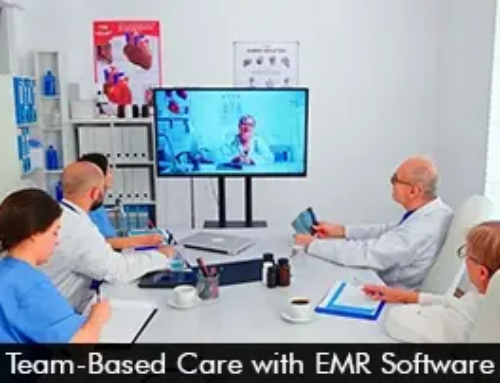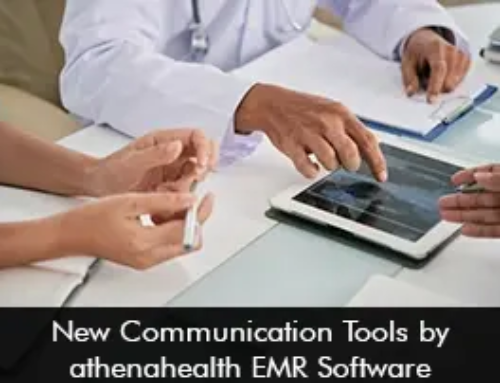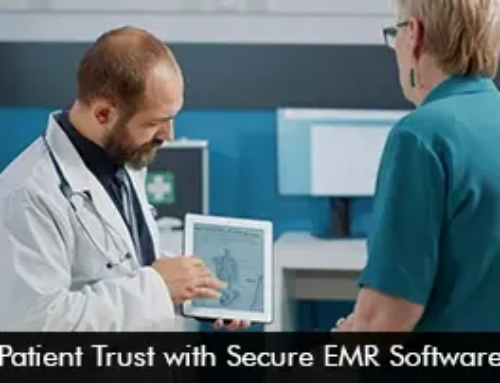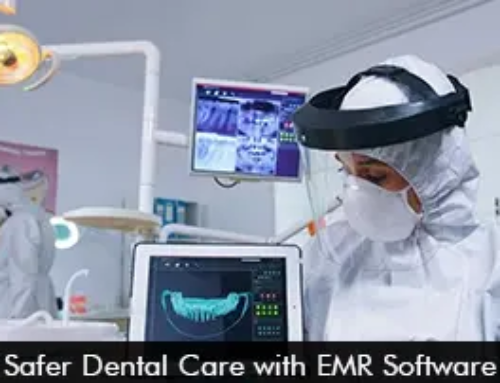Lung Cancer Awareness Month in the United States is an important time to focus on the path of progress and the ongoing challenges in fighting this dreadful illness. Let’s dig into the changing picture of lung cancer care, discover the breakthroughs in screening, treatment, and support while also identifying persistent problems. We will also investigate the function of Electronic Health Records (EHRs) in handling the vast network of data associated with lung cancer care.
Progress in Lung Cancer Care
Advancements in Early Detection:
- Significant progress has been achieved in the early identification of lung cancer in recent years.
- Low-dose computed tomography (LDCT) scans, along with public awareness initiatives, have resulted in an increase in the number of cases being diagnosed at an earlier, more curable stage.
Personalized Treatment Approaches:
- Advancements in genetic testing have paved the way for personalized treatment plans.
- Targeted therapies and immunotherapies have emerged as promising options, allowing for more effective and less invasive treatments.
Support and Advocacy:
- The role of advocacy and support groups cannot be overstated.
- These organizations have made enormous progress in reducing the stigma surrounding lung cancer and providing vital resources for patients and their families.
Persistent Challenges in Lung Cancer Care
Stigma and Perception:
- Lung cancer continues to be burdened with the perception of being a ‘smoker’s disease.’
- Overcoming this stigma and raising awareness about the potential risks beyond smoking remains a significant challenge.
Disparities in Care:
- Healthcare disparities in lung cancer care are another persistent challenge.
- Some populations, especially minorities and under-served communities, often face barriers to accessing early detection and appropriate treatment.
Data Management Complexity:
- In the modern era of healthcare, data plays a crucial role in understanding and managing diseases like lung cancer.
- This brings us to the vital role of Electronic Health Records (EHRs) in simplifying the complex web of patient data.
The Role of EHRs in Lung Cancer Care
Data Centralization and Accessibility:
- EHRs have revolutionized the way healthcare providers manage patient information.
- They centralize vital data, including diagnostic reports, imaging results, and treatment plans, making it easily accessible to authorized healthcare professionals.
- This ensures that every piece of data is available when needed, potentially aiding in quicker diagnoses and better-informed treatment decisions.
Streamlined Communication:
- Effective communication among multidisciplinary teams is crucial in lung cancer care.
- EHRs facilitate seamless data sharing and collaboration among radiologists, oncologists, surgeons, and support staff.
- This collaborative approach can lead to more precise care plans and improved patient outcomes.
Research and Innovation:
- EHRs are invaluable for research efforts in understanding and treating lung cancer.
- They enable the aggregation of anonymized patient data, which can contribute to ongoing research studies and the development of novel treatment strategies.
Advances in early detection, individualized therapies, and more support have given individuals impacted by lung cancer hope. However, the persistent stigma, healthcare inequities, and the complicated nature of patient data management remain obstacles that must be addressed. The significance of EHRs in simplifying data administration and enabling collaborative treatment is becoming increasingly important in the drive to enhance lung cancer care and, ultimately, save lives. As the fight against lung cancer continues, these collaborative initiatives pave the path for a brighter and more hopeful future in cancer care.








